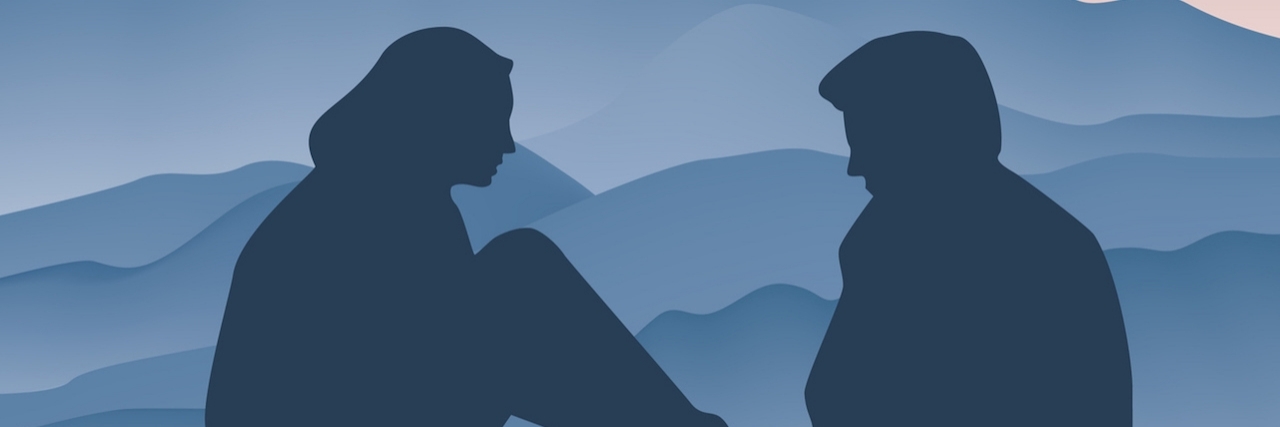If I divulge the illness I battle with every day to you, please realize this: I either feel it is very necessary, or I trust you. That’s all, folks.
• What is Bipolar disorder?
Nothing more, nothing less.
Telling someone of my illness is like taking a chance on possibly changing an aspect of my life with one little confession. For instance, if you’re a friend I confide in, there’s a chance you won’t be accepting and might distance yourself, therefore resulting in a loss of friendship I cherished enough to tell of my deepest secret. Another example would be telling a manager at work, with the possibility of losing my job. Even though I am protected under the Americans with Disabilities Act, there are always loopholes, and I realize this as I tell of my struggle to be the best possible version of myself to achieve my goals at work.
If I am brave enough to open up and tell you this information and brave enough to confide in you about this internal struggle that I keep to myself in order to avoid judgement and backlash, here are a few things I’d like you to do.
1. Please don’t make a shocked expression.
2. Don’t say things like “Really? I never would have guessed!” because even if you don’t mean to, you’re basically saying I don’t come off as the “crazy kind of bipolar” that you have always been told to believe.
3. Do look up my diagnosis. If you are not aware of the definition, symptoms, behaviors, etc. of my illness, do us both a favor and do some research.
4. Do give me the impression that you’re accepting without exactly saying “I accept you.”
5. Do tell me you’ll be here if I need you and also ask of ways you could help should I need it.
6. It’s OK to ask me questions — hell, all I ever want to do is talk about my self-destructive disorder because I usually can’t.
7. Lastly, and most importantly, do not, I repeat, do not treat me any differently than you normally would! There is nothing more discouraging and mentally destructive than to think a person you’ve confided in thinks of you in a different way. At that point, I’ll worry myself sick that you don’t like me. I’ll tell myself that your whispers are about me and how “crazy” I am. These things will spark a spiral of symptoms, sending me deep into the abyss of a relapse that will take so much time and effort to pull myself back from.
At the end of the day, I am still the same person I was before I told you. I’m not magically someone different just by two little words… bipolar and disorder.
Support me, try to understand me, and love me no less than you did the two seconds before I told you who the real me is.

